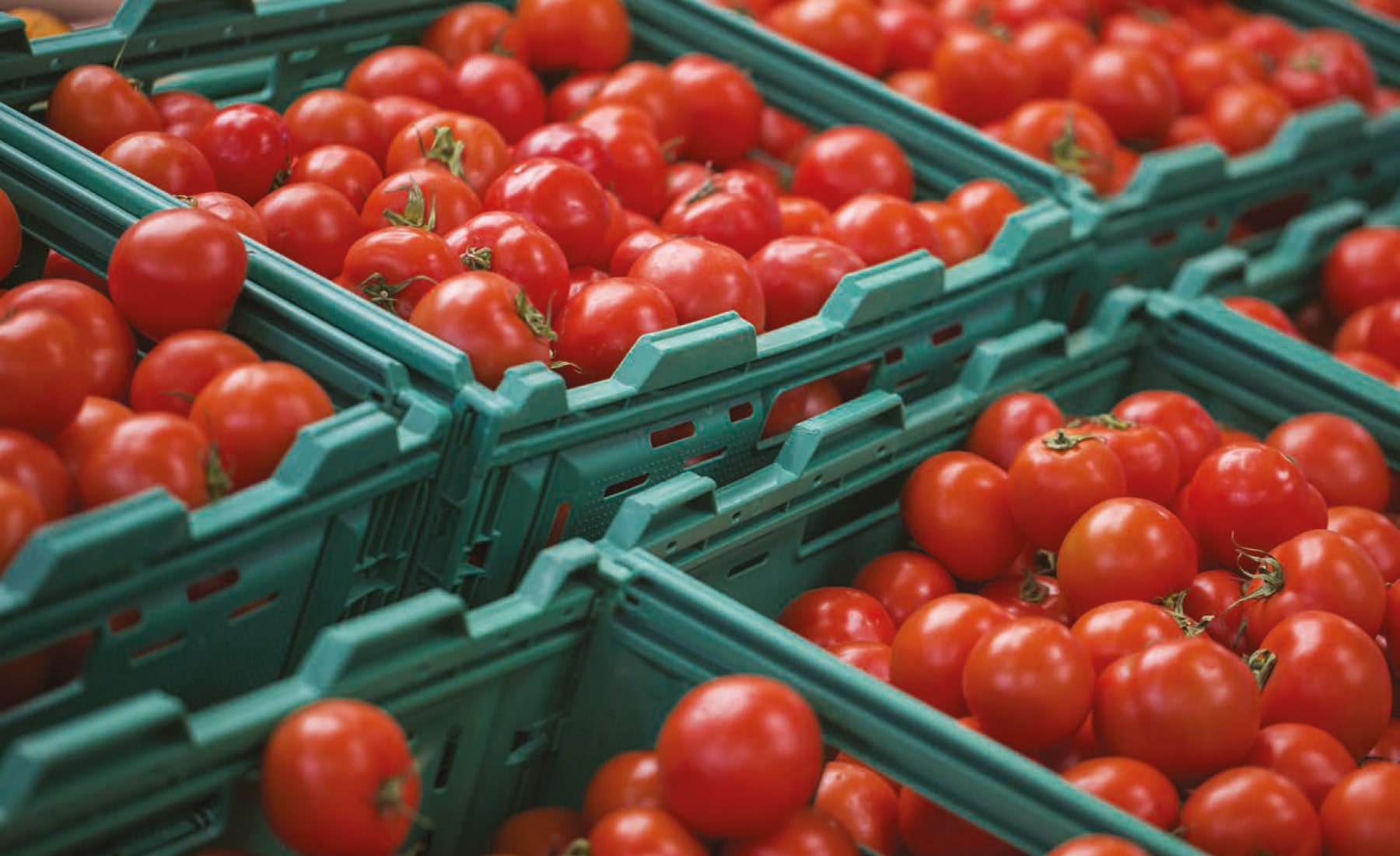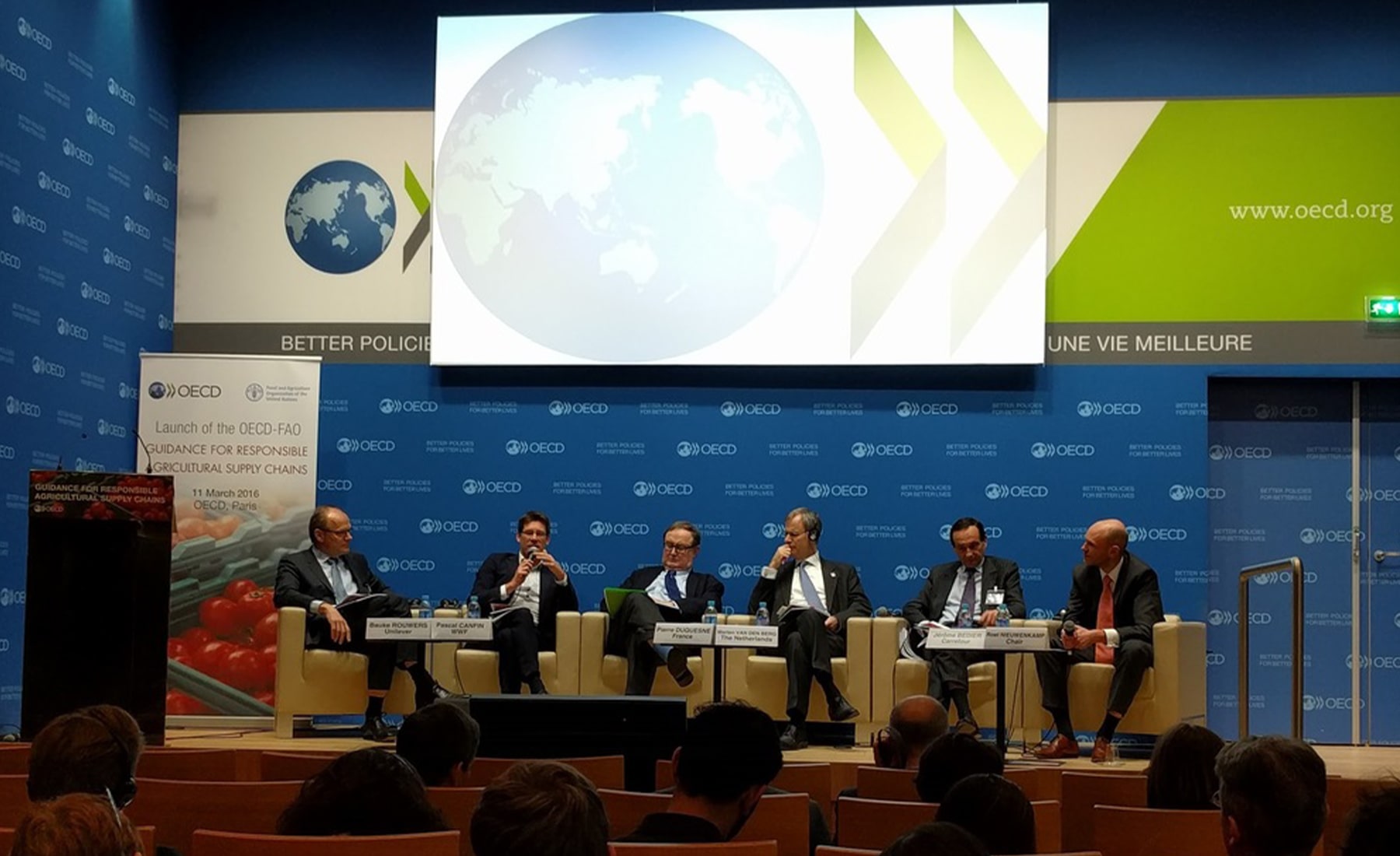CASE STUDIES
OECD-FAO Pilot: Responsible Agricultural Supply Chains

OECD-FAO Pilot: Responsible Agricultural Supply Chains
Kumi was commissioned by the OECD to support the OECD and FAO in a pilot project on the implementation of the OECD-FAO Guidance for Responsible Agricultural Supply Chains. The objective of the two-year pilot project was to road-test the practical application of the OECD-FAO Guidance and support businesses operating along the agricultural value chain to implement the recommendations set out in the Guidance for strengthening responsible business conduct in the sector.
Over 30 businesses and industry initiatives participated in the pilot project. Participants included enterprises operating at different parts of the value chain, responsible for producing, transporting and transforming a wide range of agricultural food and non-food commodities such as bananas, beef, cocoa, cotton, dairy products, palm oil, soy, sugar and tobacco, amongst others.
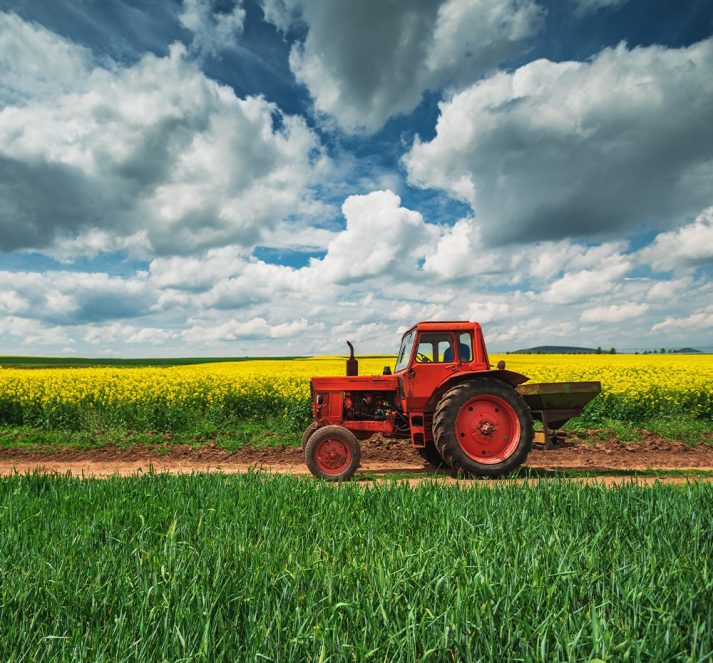
Collaborative approach to building responsible supply chain excellence
To deliver the project, the Kumi responsible supply chain consulting team:
- Conducted a baseline analysis to assess the application of the OECD-FAO Guidance amongst participant companies and industry schemes at the beginning of the project.
- Designed and facilitated a series of peer-learning sessions for participants to share knowledge about good practices in supplier due diligence and responsible business conduct in agricultural supply chains.
- Produced a progress analysis to assess how participants’ supplier due diligence practices had changed over the course of the project in line with the OECD-FAO Guidance.
Topics covered during the peer learning sessions included addressing gaps between policy commitments and implementation actions, the links between the Sustainable Development Goals (SDGs) and due diligence, supply chain mapping and traceability, collaborating with third parties to improve risk management, labour-related risks, the role of financial institutions in supporting due diligence in the agricultural sector and tools for quantifying impact. Participants also established a working group with the OECD and FAO to identify how the OECD-FAO five-step due diligence framework can support the achievement of the SDGs.
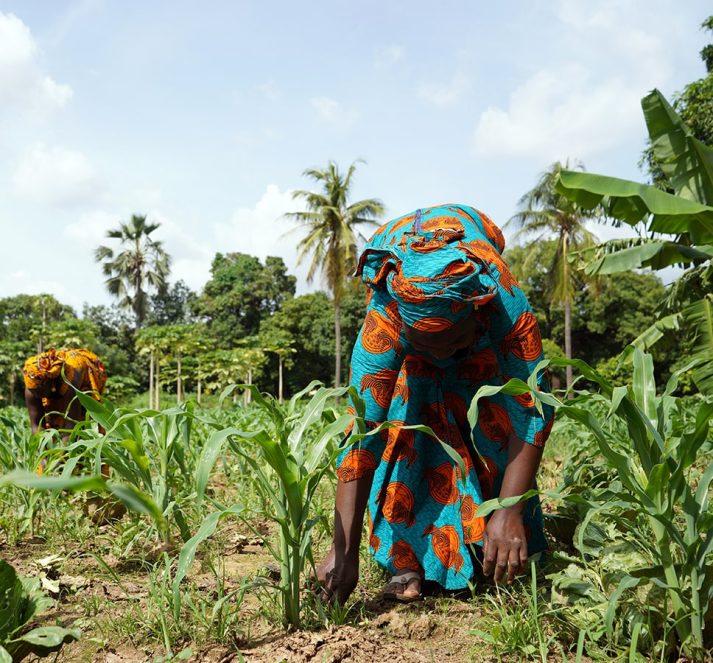
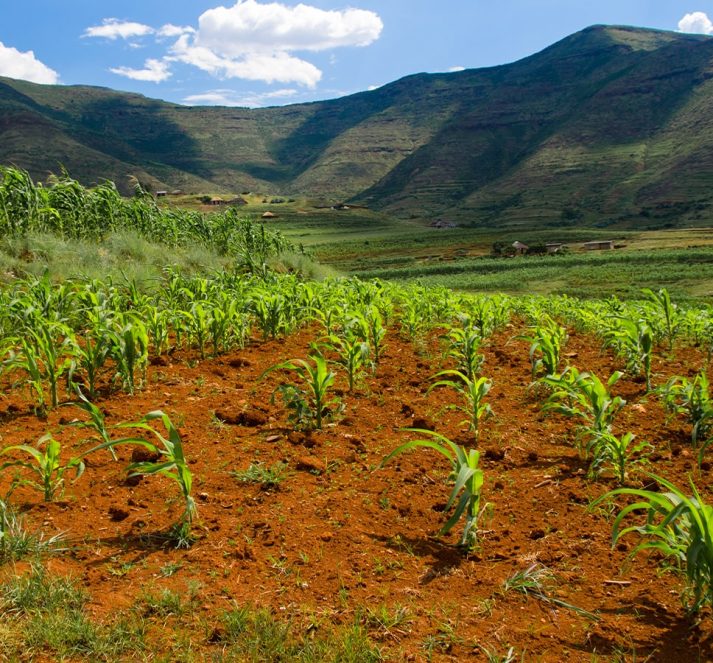
Findings used to strengthen supply chain due diligence and risk management
In the final report, Kumi presented findings, lessons learned from the project and recommendations for companies and policymakers to address challenges in implementing the OECD-FAO Guidance. The findings were also discussed in OECD and FAO-led multi-stakeholder forums to inform future activities designed to strengthen supply chain due diligence and risk management.
